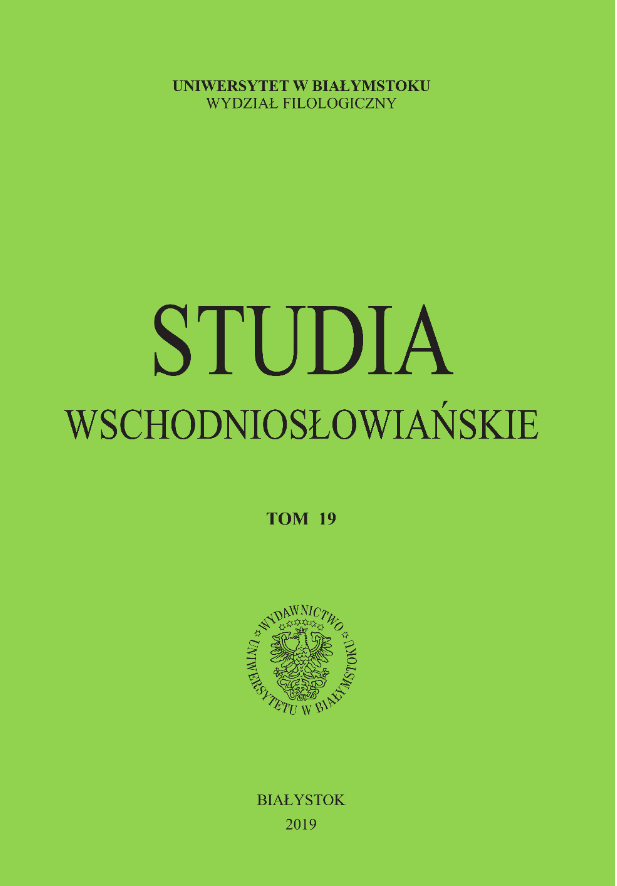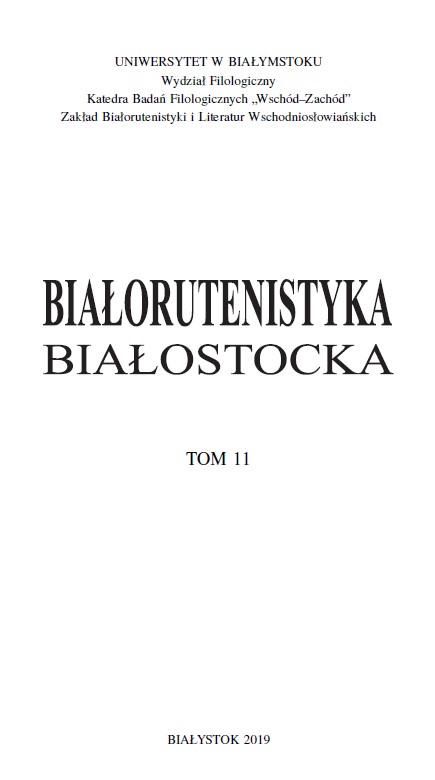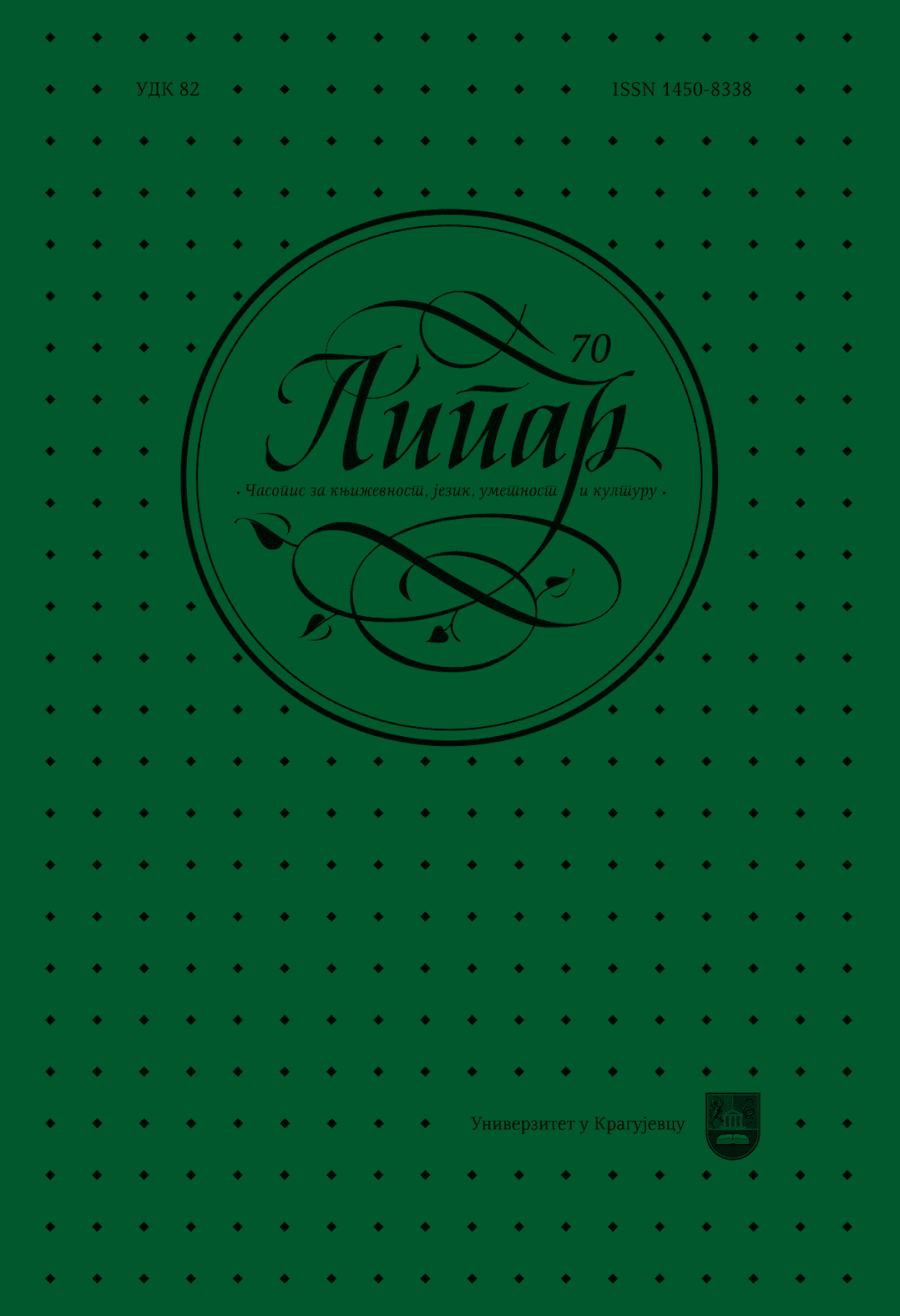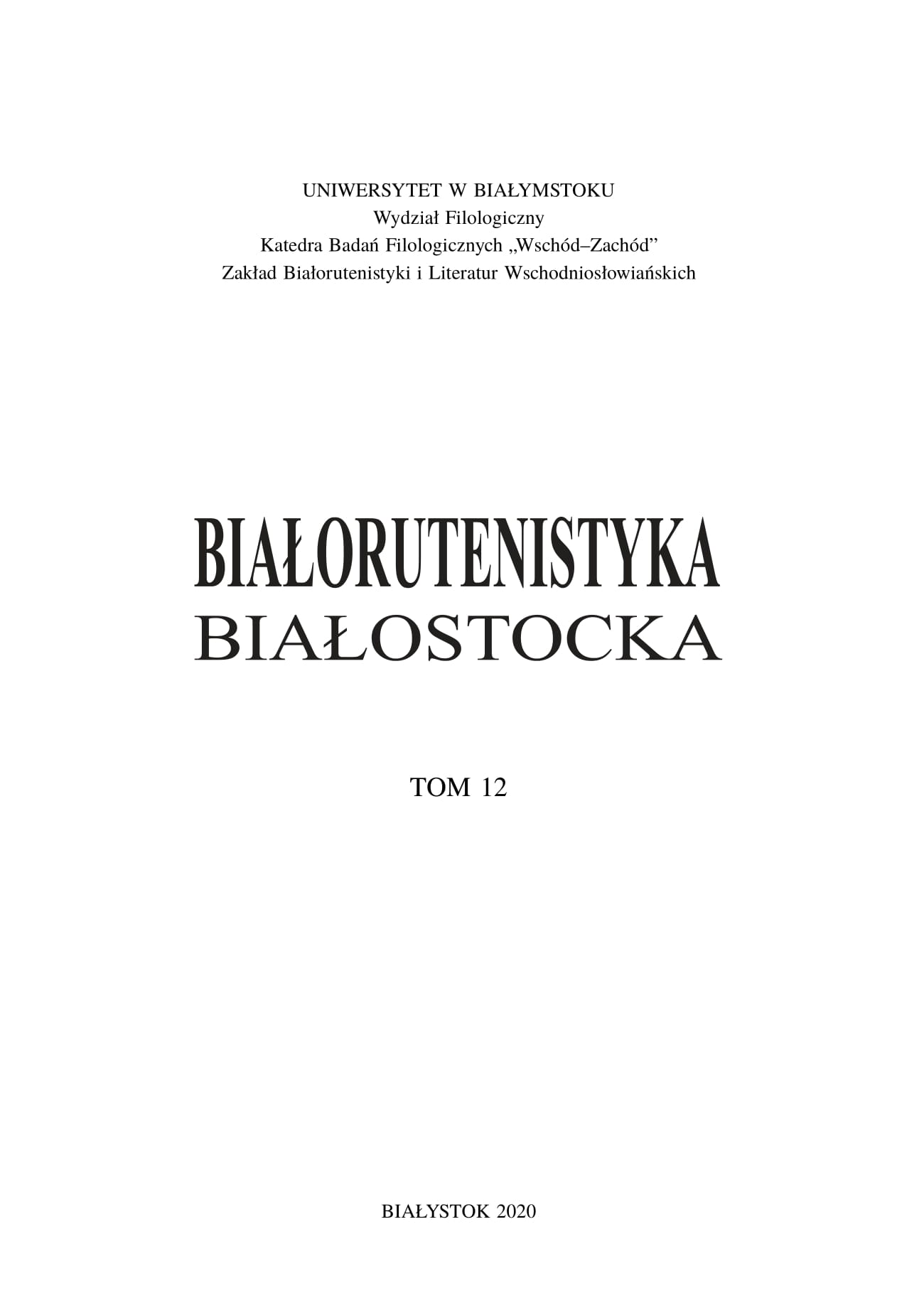Author(s): Jelena Lepiszewa / Language(s): Russian
Issue: 19/2019
The focus of the article – two generations of the Belarusian experimental drama. First generation – those authors, who came into literature in the late 1980-s – early 1990-s and were named «тутэйшыя». This name was borrowed from the name of the literary association Тутэйшыя, which emerged in this period on the wave of growth of the national-cultural movement, attention to the Belarusian language and culture. The playwrights, who represented of this generation, – Sergey Kovalew, Peter Vasyuchenko, Galina Bogdanova, Nikolay Aranowski, Igor Sidoruk. Their plays are well known to the reader and viewer, staged in various theaters, attracted the attention of scientists. If the midddle 1990-s – early 2000-s a new generation of authors is coming to the Belarusian drama. Many of these authors represented the movement Бум-Бам-Лiт, actively established themselves in poetry (Victor Zhybul, Jeti, Olga Gapeeva, Valzhina Mort, Zmiter Wishnow, Anna Tihonova), prose (Zmiter Wishnow, Adam Shostak), but their dramaturgical practice have remained on the periphery of the modern literary process: only some of plays were put on amateur stage, the book, named Нетутэйшыя, was never published. It’s name is using in our article as the title of young generation of Belarusian playwrights.
More...




